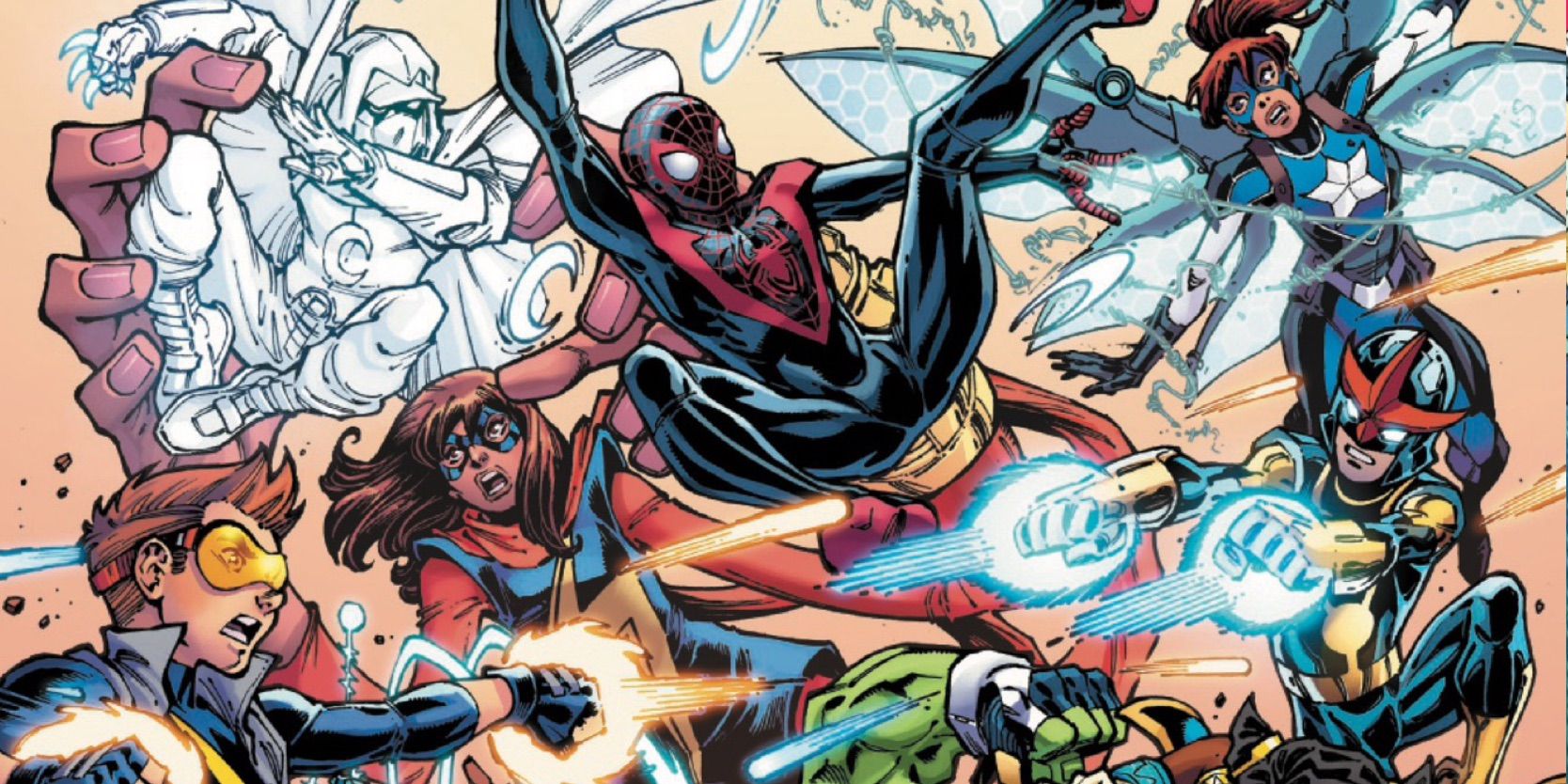Path of Exile 2: How & When To Use Early Game NPCS
Path of Exile 2 has followed in its predecessors' footsteps, retaining the complex systems that keep you hooked for thousands of hours, including a system that involves NPCs. With the success of its initial early access release, many new players may find some of these systems overwhelming, exacerbated by the near-complete absence of tutorials within Path of Exile 2. One such example is the early-game NPCs, whose valuable options that will persist throughout Path of Exile 2 are left vague at best.
The new design philosophy of Path of Exile 2 includes a severely limited amount of loot dropped from enemies. You are almost expected to use the various NPCs and gear crafting to compensate for this choice. NPC functionality is unlocked throughout Act 1, and each NPC has its place in improving a character's power, along with some nice quality-of-life features that newer players may overlook.
When To Disenchant, Sell, Or Scavenge
What To Do With Unused Pieces of Gear
Once you reach the first town in PoE 2, the Clearfell Encampment, the most obvious option for dealing with unused gear is selling it. Each vendor has this basic functionality, which simply involves dragging unwanted gear into the shopkeeper's stock of items. More options become available by progressing Act 1 but with almost zero indicators. Una allows you to disenchant gear to receive shards for gear crafting, while a little later in the Act, the scavenging bench opens up, allowing for the scavenging of gear with either a socket slot or a quality modifier.
Related Path Of Exile 2: Best Classes For Solo Players The 12 available classes in Path of Exile 2 have varied abilities that make them strong, but solo players may struggle to find one that works best.
The three choices all have their place. All white gear should generally be sold to vendors, as it's unable to be disenchanted. Magic and rare items should almost always be disenchanted, as every ten disenchanted items of a specific rarity will reward you with an item that can upgrade the rarity of a gear piece. Lastly, any gear with a quality modifier or socket should be scavenged, regardless of quality. Scavenging follows a similar system to disenchanting, where scavenging ten items with a socket or quality modifier will reward you with items to add those features to your gear.
How To Use The Hooded One
The Hooded One Has Major Quality Of Life Features
Close
The Hooded One is an NPC that is unlocked early in Act One. The Hooded One has two extremely useful options. The first is a significant quality of life feature, where instead of having to identify items individually with a scroll of wisdom, The Hooded One will automatically identify every piece of gear within your inventory. Not only is this a massive time-saver, but it is also completely free and unlimited. This is especially helpful if playing PoE 2's multiplayer, drastically reducing town portal downtime.
If you need gold quickly and want to sell gear, you must first identify it with The Hooded One. Identifying gear increases its value.
The Hooded One's second option is the ability to refund allocated points on the passive skill tree. Unlike mass-identifying items, refunding points does cost gold. The gold cost of refunding points is not a singular, static amount; instead, it scales with your level. For a benchmark, at level 12, the service costs 124 gold per point, while at level 15, it costs 181. While completely redoing the skill tree in Path of Exile 2, especially at max level, will cost a hefty price, the cost is lenient enough to enable build pivots easily in the early and mid-game.
How To Use NPC Shops
Proper Shop Usage Can Drastically Increase Power Levels
The NPC shops can be an invaluable source of loot, especially when paired with crafting. Una sells a selection of magic-based items and flasks, Renly sells weapons and armor, and Finn offers a gambling mechanic. Each shop's gear will scale with your level. As a result, the stock of items will completely reset upon gaining a level. It's good practice to peruse the shops once per character level to try and resolve any gear gaps a character may have.
Related 10 Biggest Differences Between Path of Exile 2 & The First Game Path of Exile 2 has a lot of changes that make it stand apart from the first game, setting its aim for even greater heights than POE accomplished.
Be on the lookout for any gear with a solid starting modifier, as it can be upgraded relatively easily to rare quality and will often be an appropriate level. Finding a good magic item, especially a weapon upgrade, can drastically increase a character's strength and is always a solid investment to make. I purchased a rare quarter staff from Renly for around 2,000 gold and tripled my characters' DPS in Act One. Upgrades like this are essential for trying to scale through the games much-higher level of difficulty.
Gambling works by purchasing a base item from Finn, which will be randomly rolled into a new item. Gamble if a specific slot of gear needs to be filled or upgraded and that is absent from the more traditional shopkeepers. There's always a risk to gambling, but hitting a rare item via gambling can be a massive money-saver. The cost of gambling is around 1/3 the cost of purchasing a magic item sold by Renly or Una. Using each NPC effectively is one of the best ways to increase character power in Path of Exile 2.











COMMENTS